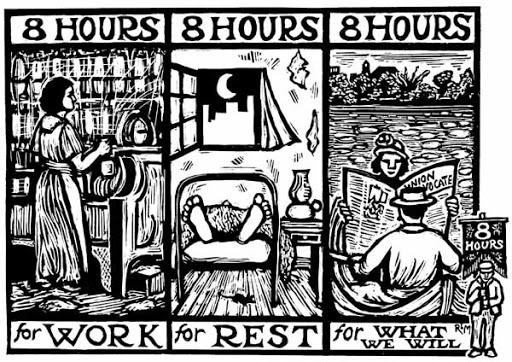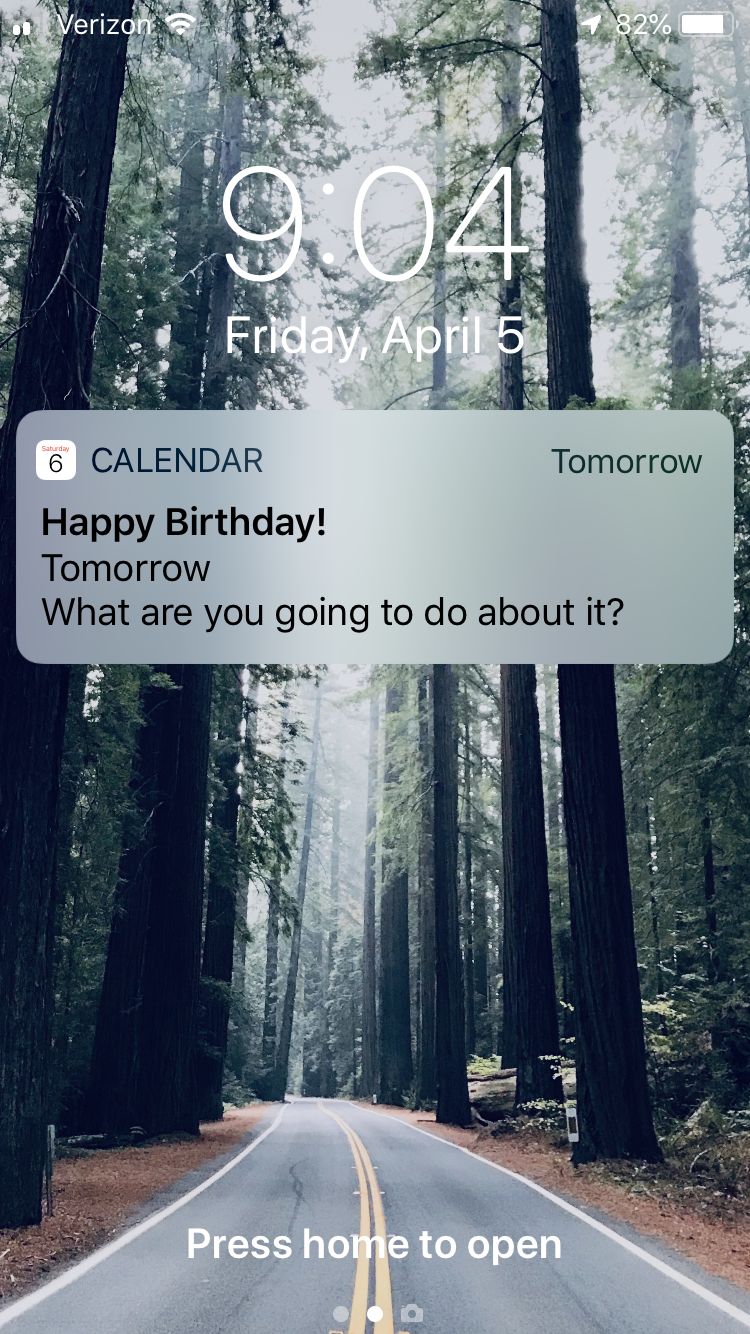
In short, we want to work.
What we don’t want – what I especially do not want – is a “job.”
“Jobs” are organizational constructs masquerading as “work.”
“Jobs” are someone else’s typically quite limited idea of what meaningful work – my innate desire to create and contribute – should look like for me.
“Jobs” represent most company’s painfully antiquated belief that human beings are actually satisfied with trading time for money; that we will happily set aside our need for creative expression and meaningful contribution in order to serve the organizational good. No thanks.
Making matters worse is that “jobs” come with managers. And most managers don’t know what to do with us.
In Get Rid of the Performance Review!, Samuel Culbert writes: “Few managers get their jobs because of their keen understanding of people, or their ability to bring people together when there are misunderstandings and differences. Most managers have never been taught how to be good managers. It’s almost as if they learn how to be managers the same way they learn how to do performance reviews: by filling in the blanks. Instead of being guided by an understanding of human nature, treating the people who work for them as unique human beings, they base their actions on self-serving logic and clumsy attempts at control.”
Sound familiar? It doesn’t have to.
Life is short and you are a one-of-a-kind creative genius.
Anyone can find a “job.” Go find your work.
© 2010 David Berry



